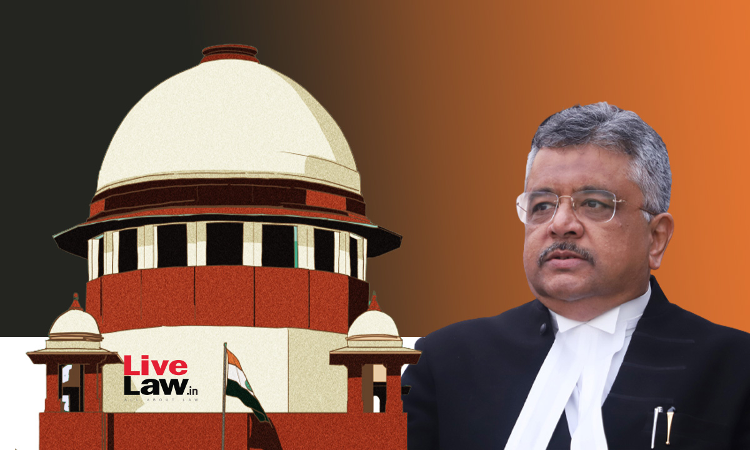Senior Designation Procedure Needs Relook : Solicitor General Tells Supreme Court
Amisha Shrivastava
18 Nov 2024 5:32 PM IST

Next Story
18 Nov 2024 5:32 PM IST
Solicitor General Tushar Mehta submitted before the Supreme Court on Monday (November 18) that the procedure of conferring senior designation to advocates under Section 16 of the Advocates Act, 1961 requires a reconsideration.A bench of Justice Abhay S Oka and Justice Augustine George Masih was hearing a case in which it has noted recurring instances of false statements made in various...
